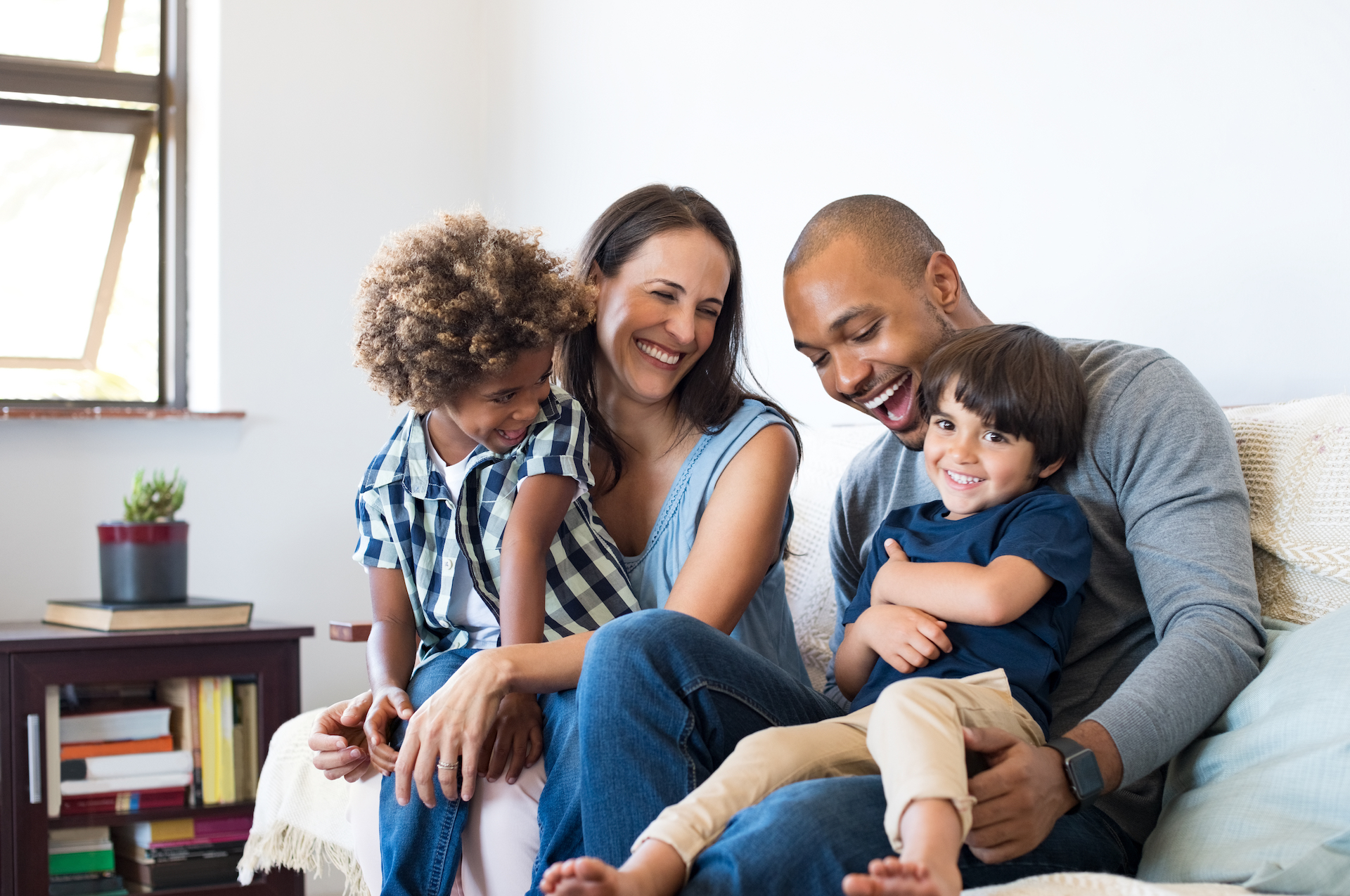By Mariana Diaz-Wionczek, PhD.
Bilingualism is a beautiful thing! Being able to speak two languages builds many bridges and widens our view of the world… and it all starts at home, with you speaking to your children in your native tongue. The most important thing is to expose children to Spanish as much as possible in a way that is organic to their day. The more they are exposed to it, the more they will learn it – so talk to them, sing to them, read to them, play games with them, watch TV and movies with them… in Spanish! The knowledge base they acquire at home will develop into more formal skills later on.
Here are some tips for raising bilingual children:
- The earlier you start speaking to your child in your native language, the better… but it’s never too late to start!
- A child who is learning two languages will have a smaller vocabulary in each language at first than a child who is learning only one.
- Bilingual kids may mix the two languages because they’re learning them at the same time, not because they are confused. As adults, being able to go back and forth between languages is actually a skill, and a natural way of talking.
- Introducing your child to literacy in Spanish will strengthen his or her skills later on. Besides talking to them, try teaching them how to read and write in Spanish.
- Even if you don’t speak Spanish perfectly, there’s a lot your child can learn from you. Don’t be afraid to practice with her!
- Correcting your child will improve her skills, but don’t overdo it. It is more important to praise her for her efforts in both languages, which will raise her confidence.
- Media and technology are your allies, but don’t think that they alone will teach your child another language. Share screen time with your child and talk about what you’re watching, doing, and playing.
- And, connect with your family back home; they will love being in touch with your kids and your kids will love it right back.
- The more exposure your children have to Spanish, the more they will learn and feel comfortable speaking it. Make sure they spend time with extended family and friends who also speak Spanish, so they appreciate the value the language has for your community.
- Consider registering your child in a dual-language program, where children receive instruction in English and Spanish. (https://duallanguageschools.org/)
Here are just a few of the advantages to being bilingual:
- Being bilingual actually makes you smarter and improves many cognitive abilities, especially the brain’s executive function: a system that directs the attention we need for planning, solving problems, and performing demanding mental tasks.
- Having the ability to switch between English and Spanish makes your children more aware of what’s going on around them, as they have to figure out what language to speak in any given situation.
- And being bilingual in this world may just help your children find a better job when they grow up!



